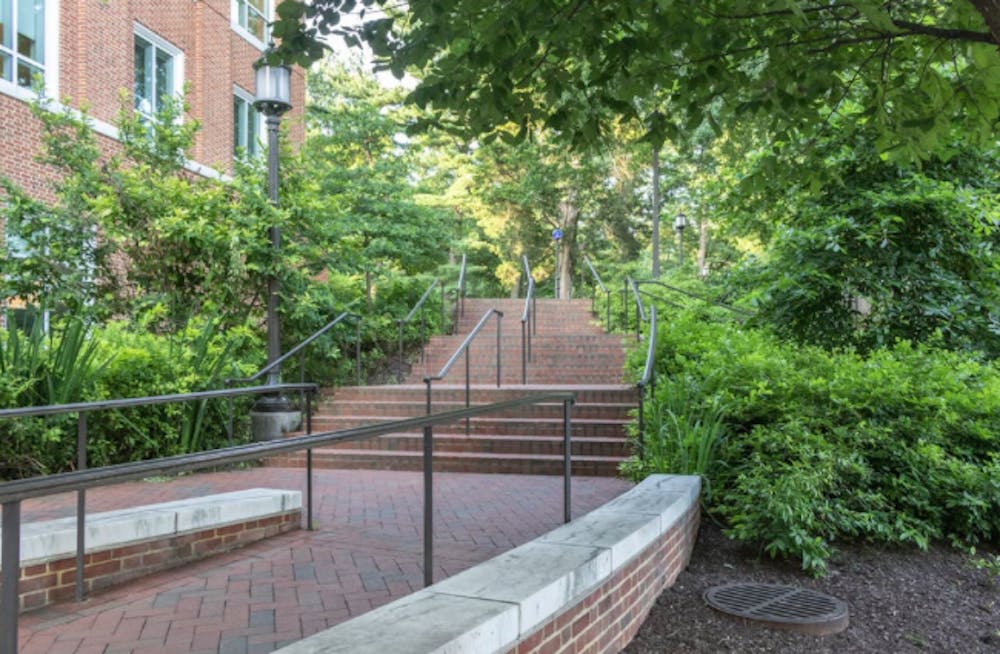In an email addressed to the Hopkins community, University President Ronald J. Daniels announced that the University will face serious financial challenges as a result of the coronavirus (COVID-19) pandemic.
Daniels expressed gratitude for affiliates’ rapid response to changes made to the academic year, but did not shy away from the daunting monetary effects the virus will have on employment, aid, research and salaries.
“Our university is not immune to the very serious negative effects of COVID-19. Today, I write to speak frankly with you about the substantial financial challenges our university is confronting and the measures we are undertaking to meet them, including actions that will directly and significantly affect our employees,” the email states.
According to a more detailed report of financial projections, the University is expected to lose over $100 million for the 2020 fiscal year. These losses account for: loss in tuition and student-related revenues (assuming most in-person instruction resumes in the fall); loss in direct and indirect cost recovery for sponsored research; loss of physician clinical revenue; loss in unrestricted contributions and gifts; and loss in endowment market value and payout.
Daniels explained that Hopkins cannot rely on its endowment for financial security because it was invested in the financial markets, which have rapidly declined over the past six weeks.
Some of the major consequences of the University’s financial restructuring plan includes suspensions in employer retirement contributions to 403(b) and 457(b) accounts, furloughs and layoffs and restrictions on hiring.
Additionally, Daniels stated that he and Provost Sunil Kumar would each take a 20 percent salary cut, and that dean and university officer salaries would decrease by 10 percent. Some students criticized this decision online, arguing that he should further reduce his salary.
Sophomore Elly Ren expressed a similar belief in an email to The News-Letter, though she noted that she had anticipated this decision.
“Administrators should be earning way less than they do — global pandemic or not,” she wrote. “JHU is best at following what its peer institutions are doing... I was almost expecting it.”
Indeed, peer institutions took similar steps in reducing leadership pay. Stanford University’s president will also be taking a 20 percent pay reduction, and Harvard University’s president cut his salary by 25 percent.
Despite these financial restrictions, Daniels affirmed the University’s commitment to providing funds to those who have been adversely affected by COVID-19. The email also detailed a community impact fund and a food distribution initiative through community partners throughout East Baltimore.
Daniels highlighted that Hopkins has offered over $5 million to students and their families for direct emergency grants for essential needs, continuity of wages for previously on-campus jobs, as well as relieving financial aid recipients from summer work requirements.
Ren called on the University to implement more policies to support its workers. She added that the University could have saved money by divesting from its holdings in fossil fuels.
“If research labs did less testing of animals which is shown to be ineffective and very expensive, we would also waste less money,” she wrote. “If they never instituted a private police force, they could have a lot of money for community relief and mutual aid.”
Although Daniels detailed the financial devastation this pandemic has caused for the University, he noted that Hopkins would continue to try to make access to education as equitable as possible via student aid. Likewise, the University plans to establish two COVID-19 workforce relief funds to provide grants for employees and displaced contract workers who need assistance.
Rudy Malcom contributed reporting to this article.





